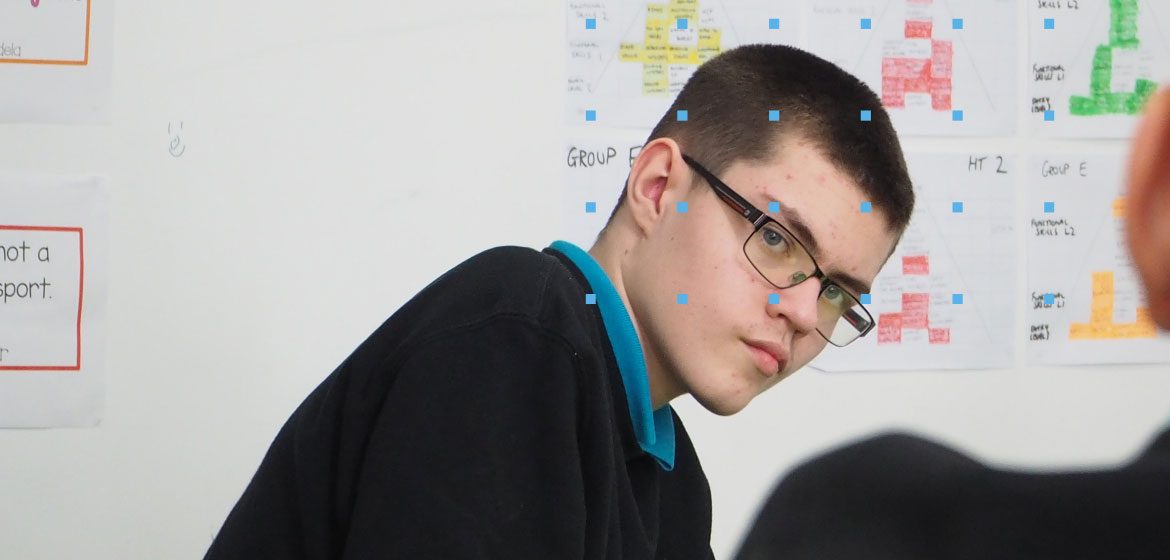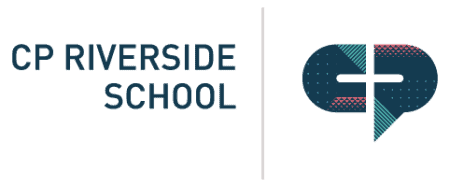
Maths
Our intent in Mathematics is that our curriculum allows students the opportunity:
- To become fluent in the fundamentals of mathematics so that students develop conceptual understanding and the ability to recall and apply knowledge rapidly and accurately.
- To be able to solve problems by applying their mathematics to a variety of problems with increasing sophistication, including in unfamiliar contexts and to model real-life scenarios
- To reason mathematically by following a line of inquiry and developing and presenting a justification, argument or proof using mathematical language.
- To appreciate number and number operations, which enables mental calculations and written procedures to be performed efficiently, fluently and accurately to be successful in mathematics.
- To make and use connections between different parts of mathematics to solve problems.
- To enable all learners to enjoy and succeed in mathematics.
- To think about maths beyond what is assessed in national examinations and be equipped with an understanding of mathematics that will be relevant and useful in their future studies and in the world of work.
- To confidently communicate in mathematical language in both verbal and written form.
- To develop their character (including confidence, resilience and independence) to contribute positively to school, community and the wider environment.
Content at both KS3 and KS4
The topics that must be covered consist of :
- Number
- Algebra
- Ratio, Proportion and Rates of Change
- Geometry and Measure
- Statistics and Probability
Topics can incorporate other Maths concepts within them, thus reinforcing a student’s understanding and connections between each topic area.
Pedagogy
- Our delivery is underpinned by a mastery approach of teaching maths for understanding.
- A spiral curriculum basing future teaching on the building blocks taught previously and regular revisiting and retrieval of previous content
- Concepts that are ‘chunked’ into small, connected and structured steps
- Variation to develop an understanding
- Procedural fluency and repetition of key facts and key concepts to free up working memory and cognitive load
- Feedback in the lesson to address misconceptions and inform planning
- Establishing existing knowledge and building content appropriately for individual students
- In 2020, we increased the amount of time on each unit of work to support our aim of achieving mastery, understanding, variation and development. Each unit contains a diagnostic element to ascertain prior knowledge and sufficient prerequisite knowledge. Each unit is assessed according to specific objectives.
The maths team aims to promote and develop high numeracy and mathematical skills standards to enable students to fulfil their potential and progress to the next stage of their education.
All year 11 students are entered for the GCSE Maths exams. We believe that this is a right of passage for every student in year11. However, some students will also sit Functional Skills exams as it may be agreed that working towards Functional Skills throughout the year, would be more likely to result in them achieving a level 2 Maths qualification, necessary for their further education choices.
Exam requirements (GCSE/Functional Skills EL3/L1/L2)
The GCSE paper comprises of 3x 90-minute papers covering the 5 areas of the AQA maths exam criteria – Number, algebra, shape space and measures, statistics, ratio and probability. Paper 1 is a non-calculator paper, whereas papers 2 and 3 require the use of a calculator.
The Functional Skills paper comprises of 1x 90-minute paper, which is scored out of 48 marks. Both level 1 and level 2 are divided into 3 sections – Representing using mathematics, analysing situations mathematically and Interpreting solutions to problems using mathematics.
Please click on the link below to view the Maths Annual Curriculum Plan 2021/2022


